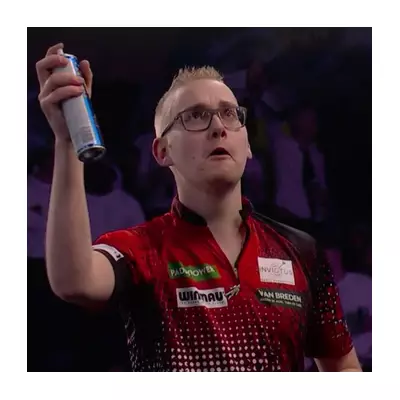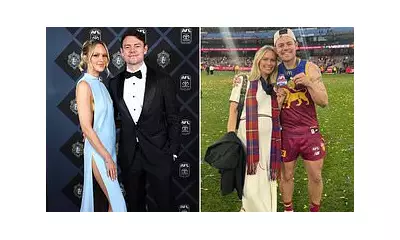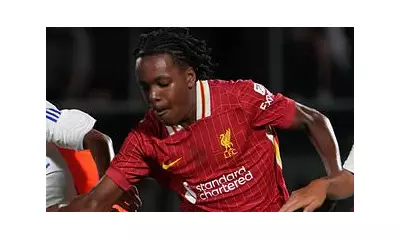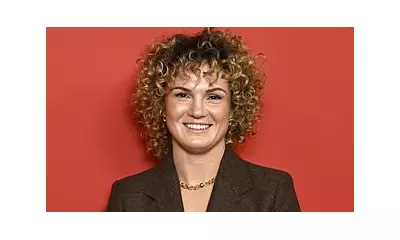
In a powerful and emotional revelation, Angel City FC defenders Sarah Gorden and Elizabeth Eddy have broken their silence about the relentless racist and transphobic abuse they've faced within women's football. The professional athletes shared their distressing experiences during a recent panel discussion, highlighting what they describe as systemic failures in addressing discrimination.
The Shocking Reality of Abuse in Women's Football
Sarah Gorden, a prominent Black defender, detailed numerous instances of racial discrimination throughout her career. "The racism I've experienced has been both overt and subtle," Gorden revealed. "From racial slurs shouted from stands to more institutional barriers, it's been a constant battle that extends far beyond the pitch."
Elizabeth Eddy, who identifies as queer, shared her own harrowing experiences with transphobic harassment. "The misgendering, the invasive questions about my identity, the constant questioning of my right to play - it takes a psychological toll that many in leadership positions don't understand," Eddy explained.
A Call for Systemic Change
Both athletes expressed frustration with the current handling of discrimination cases within the National Women's Soccer League and broader football community. They emphasised that current anti-discrimination policies lack the teeth needed to create meaningful change.
"We need more than just statements and hashtags," Gorden stated firmly. "We need concrete action, proper investigation processes, and real consequences for those who perpetuate hate. The current system protects abusers more than it protects victims."
The Psychological Impact on Players
The emotional weight of constant harassment has had significant mental health consequences for both players. Eddy described how the abuse affects performance and personal wellbeing: "When you're constantly defending your right to exist in this sport, it drains the joy from the game we love."
Gorden added that the burden often falls on victims to educate others and push for change. "We're expected to be athletes, activists, and educators simultaneously, while dealing with trauma from the abuse we receive."
Moving Forward: Demands for Action
The players outlined several key demands for improving the situation, including:
- Mandatory education programmes for staff, players, and officials
- Stronger enforcement of anti-discrimination policies
- Better support systems for victims of abuse
- Increased diversity in leadership positions
- Transparent reporting and investigation processes
Their courageous decision to speak out has already sparked conversations within the NWSL community about the urgent need for reform in addressing discrimination in women's football.





